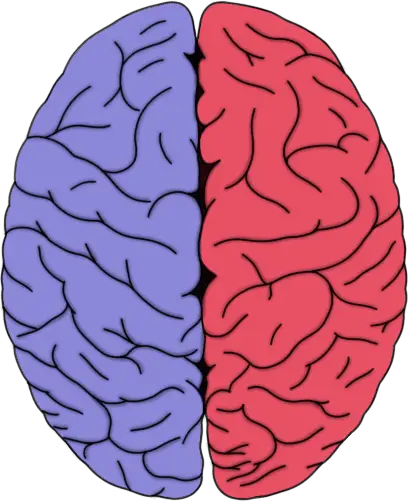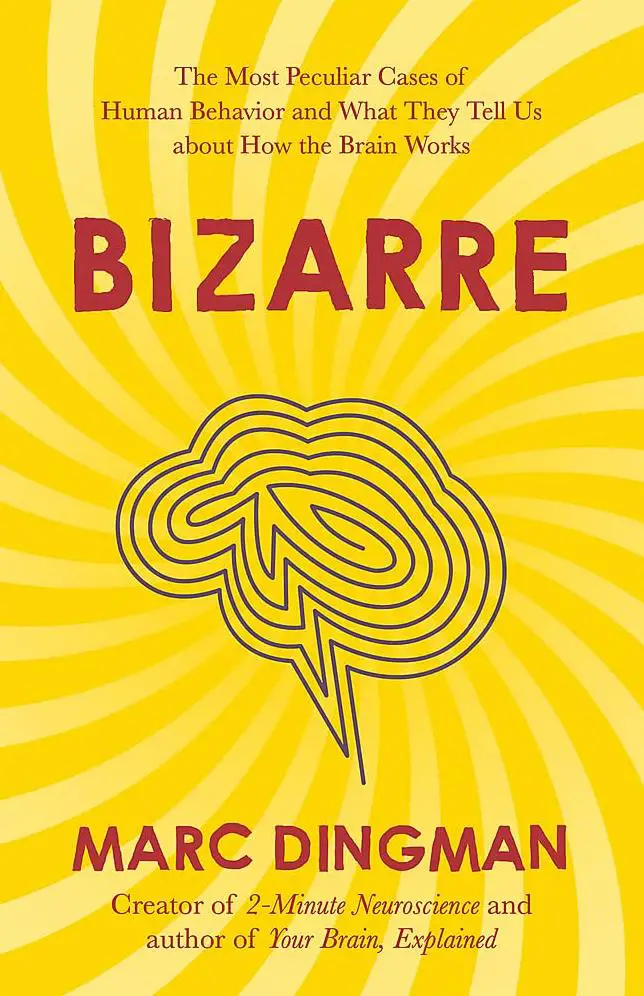Flavanols for brain health
Some degree of memory decline as we get older is an inevitability that many of us dread. Over the years, countless potential treatments have emerged to mitigate the effects of age-related memory loss; some have been the result of legitimate research efforts, many more have not. Regardless of their origins, very few have stood the test of time.
A recent addition to that list of potential memory-enhancing treatments is the intake of a class of compounds called flavanols. Flavanols are naturally-occurring antioxidant compounds found in things like tea, cocoa, wine, and a number of fruits and vegetables. There are some indications that flavanols may help to reduce cardiovascular disease risk, and recent research has also suggested a possible role in promoting brain health. For example, a 2007 study found that feeding mice diets with a high flavanol content resulted in increased dendritic spine and capillary density in the dentate gyrus, a structure associated with the hippocampus and known to play an important role in memory. Dendritic spines are extensions that protrude from dendrites to make synapses with other neurons; increased dendritic spine density may represent the formation of new synapses and the ability to handle more complex cognitive processes. Greater capillary density allows for more cerebral blood flow to the region, which can augment functionality as well. Accordingly, the researchers conducting the study also observed improved spatial memory in rodents on the high-flavanol diet. With these promising results in mind, another group of researchers recently explored the effects of flavanol intake on brain function in humans, focusing specifically on activity in the dentate gyrus and associated memory improvements.
The researchers focused on the dentate gyrus due to its connections with the hippocampus and its corresponding role in the formation of memories. The hippocampus is a c-shaped structure found in the temporal lobe that is crucial to memory consolidation; it is intertwined with the dentate gyrus, another c-shaped area of grey matter. Together, the hippocampus and dentate gyrus (and a handful of other structures) make up what is known as the hippocampal formation, and they constitute a circuit along which long-term potentiation and memory encoding occurs. The dentate gyrus is also one of the only areas in the brain where neurogenesis has been found to continue into adulthood (another being the subventricular zone). As we age, there are alterations in the functionality of the dentate gyrus that may be related to memory problems.
Targeting the dentate gyrus with flavanols
In the recent study, Brickman et al. (2014) designed an intervention in humans to see if a diet high in cocoa flavanols (the flavanols found in chocolate) could have positive effects on dentate gyrus function and memory. The sample for their randomized controlled trial consisted of 41 healthy adults aged 50-69, half of whom were given 900 mg of dietary flavanol a day for 12 weeks. Before beginning the diet, however, researchers assessed cerebral blood flow in the dentate gyrus of participants using functional magnetic resonance imaging (fMRI). They also conducted a series of neuropsychological tests, one of which was an object-recognition test designed to specifically evaluate dentate gyrus function.
After 12 weeks, the participants were tested again. Those who had been taking high levels of flavanol improved their response time in the object-recognition task by an average of 630 milliseconds. This may not sound like much, but according to the researchers response times on the task decrease by approximately this much due to age-related decline over a period of about 30 years. Thus, according to this method of assessment, the flavanol supplementation negated the effects of around three decades of aging on the dentate gyrus.
The participants in the high-flavanol group also displayed increased blood flow in the right dentate gyrus as measured by fMRI. Scores on the object-recognition task were significantly correlated with this enhanced cerebral blood flow, suggesting a link between increased blood flow to the dentate gyrus and improved performance on the memory task.
Eat more chocolate? Not so fast
These results support the hypothesis that cocoa flavanols can improve memory in older adults, possibly through the enhancement of dentate gyrus function. However, this doesn't mean we should stock up on chocolate just yet. The potential benefits of dietary flavanol supplements need to be studied further to determine how relevant increased scores on the object-recognition task Brickman et al. used are to real life. In other words, will higher scores on this object recognition task translate into improvements in memory that appreciably better cognition and quality of life in older adults? Also, we will need to know more details about how long the effect might last, what dose and dose schedule would be optimal, and if there are any potential side-effects to long-term supplementation with cocoa flavanols.
For the time being, however, people should be aware that although cocoa is rich in flavanols, the process that many companies use to manufacture chocolate can often purge it of a significant proportion of these compounds. Dark chocolate is often celebrated for its high flavanol content, but the color of the chocolate itself does not accurately predict the amount of flavanol in it. Generally the best predictor of flavanol levels is the amount of non-fat cocoa-derived ingredients in the product. Darker chocolate often contains higher levels of these ingredients, but not always. Thus, one must pay attention to the list of ingredients in addition to the color.
Even in your average dark chocolate bar, however, you may find only around 150 mg of flavanols. So, you would have to eat about 6 of these per day to achieve the level of flavanols the participants in this study were given. Of course, taking in such high amounts of chocolate increases the risk of other problems like weight gain and obesity. While flavanol supplements in pill or capsule form do exist, one must always be wary of the quality of these preparations, as they are not regulated by the Food and Drug Administration for content or quality.
Although questions still remain, flavanol supplementation represents an intriguing approach to mitigating the effects of age-related memory decline. If these initial findings can be replicated and expanded upon, we may one day see flavanol supplementation as a recommended practice for aging adults.
Brickman, A., Khan, U., Provenzano, F., Yeung, L., Suzuki, W., Schroeter, H., Wall, M., Sloan, R., & Small, S. (2014). Enhancing dentate gyrus function with dietary flavanols improves cognition in older adults Nature Neuroscience, 17 (12), 1798-1803 DOI: 10.1038/nn.3850To learn more about the hippocampus, try this article next: Know your brain: Hippocampus


